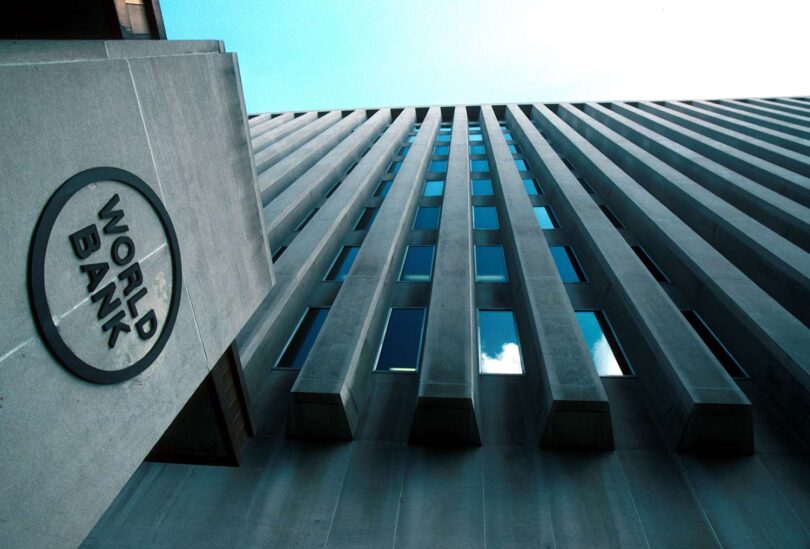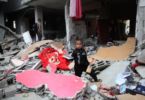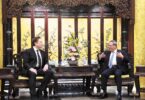A recent report from the World Bank has revealed that only 8 million people are registered in the tax net out of 114 million workers currently employed in multiple sectors. The report further said that tax reforms could enhance tax share in Pakistan’s economy by two per cent, while the imposition of tax on agricultural income could increase tax share by one per cent. The global lender further said that direct taxes have only a 33 per cent share in the country’s tax revenues whereas indirect tax poll constitutes the remaining 67 per cent of government income. The bank’s report pointed out that real estate enjoys more investment owing to a lesser rate of taxation in the sector.
Realistically, Pakistani leaders and their economic advisors never came up with the sincere effort to set up the economic foundations of the country on a purely professional, sustainable and long-term basis without compromising national interests and public well-being. The economic policies of successive governments have always been heavily influenced by the vested interests of political groups, national entities, feduals, landlords, business cartels and other pressure groups in the society, which led to adhocism, interval economic growth, persistent current account deficit, recurrent economic depletion, along with an all-time expanding poverty throughout in the past. Thus politically motivated policy strengthened the cartelization in the national economy, contracted the national tax base, and promoted a non-digitalized and informal economy which resulted in unceasing economic instability in the Country. Previously, the World Bank highlighted the eye-opening revelation about rapidly worsening poverty with a shocking rate of 5% increase on a year-on-year basis, posing serious risks to the survival of the South Asian economy and its over 240 million populace. According to statistics, around 12.5 million Pakistanis are currently living below the poverty line, and nearly 95 million are embattled with poverty and fighting for their survival amid serious economic challenges.
Realistically, global financial institutions, international think tanks, media houses and economic rating agencies have been highlighting the pros and cons of the fiscal policies and governance of the Pakistani leaders along with continuous commentary on remedial measures to fix problems and reset the country’s economy on the right track, yet no Pakistani government could ever come out of its self assumed politically motivated economic doctrines that mostly ended up in failures throughout in the past. So far, no Benazir card, no Insaaf or Ahsaas program and no Sharif Medical City could provide relief to poor masses except by tagging banners of publicity and advertism.
The economic situation in the country is very dire, as skyrocketing inflation, cartelization, and the absence of governmental control together with a bulk of indirect taxes have made the lives of the poor masses miserable. Neither the Pakistani leaders nor west turned economists are so ignorant or professionally incompetent to assess the problems or evaluate solutions to the persistent economic depletion of the country, yet all those lack patriotism and loyalty to the nation. Otherwise, the World Bank, the IMF and other economic and monetary institutions had time and again sensitized the Pakistani government about the policy’s flaws along with putting forth several suggestions to help the country redefine its economic model and revive its growth. There is a dire need for the adaptation of rational, unbiased and apolitical economic policies including broadening of tax base, and rationalization of direct and indirect taxes to increase revenues and provide relief to the poor masses. The Pakistani elite has wasted much time in past, hence it should not hesitate to implement regressive economic, legal and administrative measures essential for the economic recovery and prosperity of the country.







